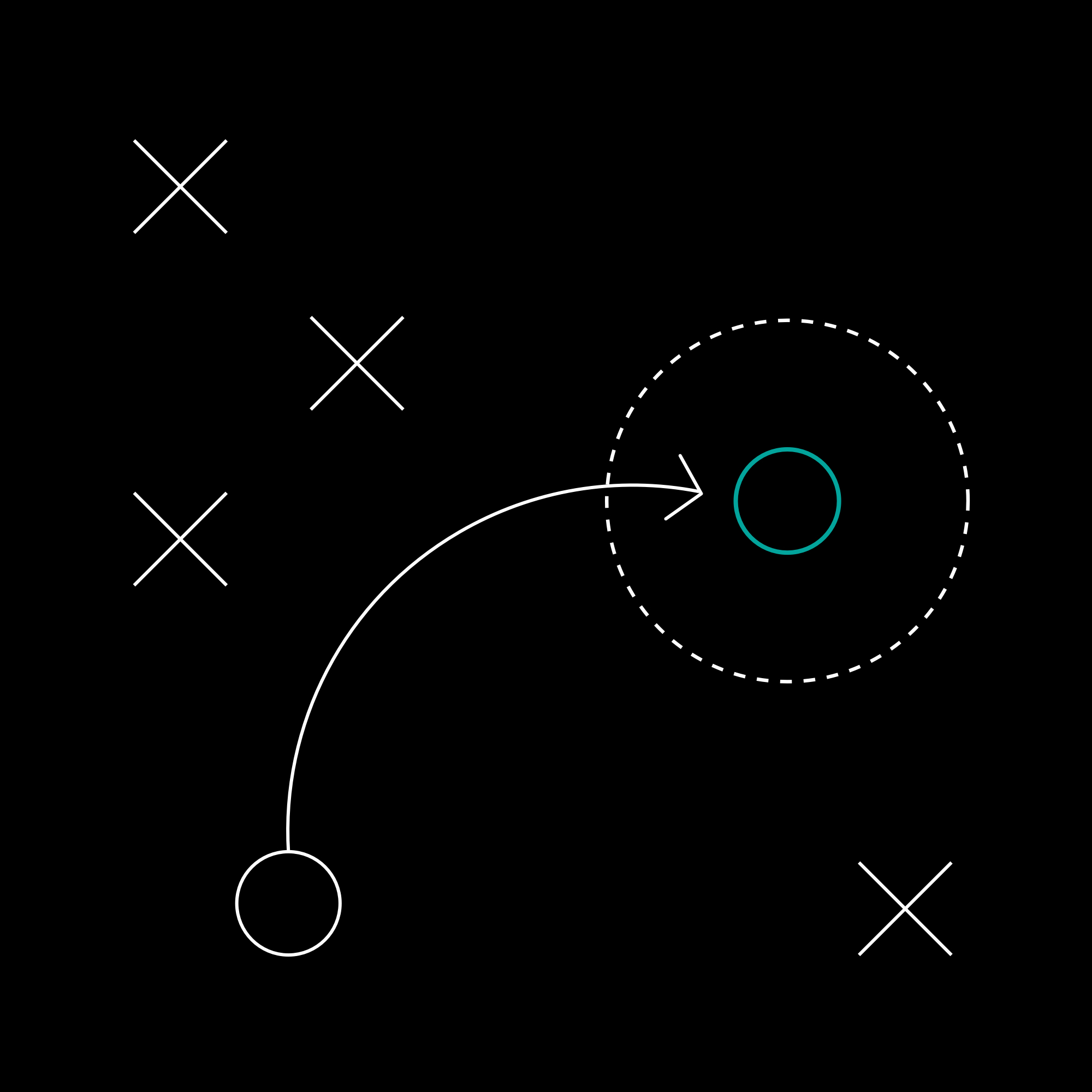FAQs
What is life cycle assessment?
EXPLORE MORE FAQsDiscover what LCA is, how it works, and why it matters for businesses looking to measure and reduce their environmental impact.
Ready to change sustainably?
What is life cycle assessment (LCA)?
LCA is a systematic method used to evaluate the environmental impact of a product, process, or service throughout its entire life cycle. It considers every stage, from raw material extraction and manufacturing to distribution, use, and disposal. By assessing factors like carbon emissions, energy consumption, and resource use, an LCA provides insights that help businesses make informed decisions about sustainability.
Why is an LCA important?
LCA offers a detailed analysis of a product’s environmental footprint, helping businesses identify opportunities for improvement. It goes beyond regulatory compliance – LCA helps companies reduce costs, enhance efficiency, and strengthen brand reputation by demonstrating a commitment to sustainability.
What are the key stages of an LCA?
An LCA typically follows these stages:
- Raw Material Extraction & Manufacturing (A1-A3): Evaluates the environmental impact of sourcing and processing materials.
- Distribution & Installation (A4-A5): Assesses the energy used and emissions generated during transportation and installation.
- Use Stage (B1-B7): Measures the impact of the product while it is in use, including maintenance and energy consumption.
- End of Life (C-D): Examines disposal, recycling, or landfill effects once the product is no longer in use.
How does an LCA benefit businesses?
Conducting an LCA provides several key business advantages, including:
- Risk identification and minimisation: Helps businesses foresee and mitigate environmental risks.
- Cost reduction and efficiency gains: Identifies areas for energy savings and waste reduction.
- Competitive advantage: Demonstrates a commitment to sustainability, appealing to eco-conscious consumers and stakeholders.
- Compliance and reporting: Supports regulatory compliance and enhances ESG (Environmental, Social, and Governance) reporting.
What data does an LCA measure?
An LCA collects and analyses data on:
- Carbon emissions generated throughout the product’s life cycle.
- Energy consumption at different stages.
- Environmental impact of emissions, such as water pollution and air quality.
How can an LCA drive business growth?
By providing data-driven insights, an LCA can help businesses:
- Improve product design for sustainability.
- Find new market opportunities by aligning with sustainability trends.
- Enhance customer trust and investor confidence.
- Meet and exceed emerging sustainability regulations.
What is the difference between an LCA and an Environmental Product Declaration (EPD)?
An LCA is the underlying analysis of a product’s environmental impact, while an Environmental Product Declaration (EPD) is a third-party verified report that communicates these findings in a standardised way. An EPD provides transparency and credibility, making it a valuable tool for businesses that want to showcase their sustainability efforts.
Is LCA just for compliance, or can it be a strategic tool?
While many companies start an LCA to meet regulatory requirements, it is far more than just a compliance exercise. A well-executed LCA uncovers hidden inefficiencies, enabling businesses to innovate and build resilience in an increasingly sustainability-focused market.
Why should companies invest in LCA now?
With tightening carbon compliance regulations and increasing pressure from consumers and investors, businesses that take proactive steps towards sustainability gain a competitive edge. LCA is an essential tool for future-proofing operations, capturing value not previously visible and driving long-term success.
How do businesses get started with an LCA?
Working with sustainability experts can help businesses collect the right data, interpret results, and apply findings effectively. Whether it’s a cradle-to-gate (covering raw materials to manufacturing) or cradle-to-grave (covering the full life cycle) assessment, companies can tailor an LCA to their specific goals.
Need more guidance?
If you have additional questions about collecting and using carbon footprint data, our team at C6 ESG is here to help. We help Australian businesses reduce emissions and achieve their sustainability objectives. Contact us to book a half-hour discovery session to find out how we can help your business thrive in a net zero world.
Ready to change sustainably?
Book a half-hour discovery session now to find out how we can help your business thrive in a net zero world.
Get Started
